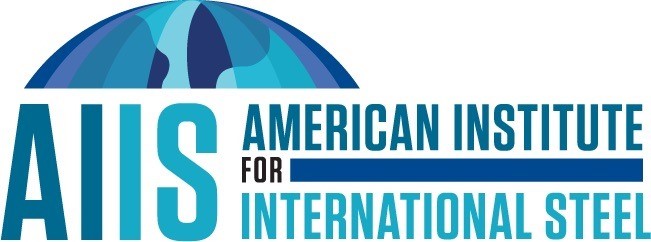
SEATTLE (Scrap Monster): The recent edition of the magazine Frontline, published by U. S. Customs and Border Protection (CBP), includes an article entitled Hanging Tough. This article discusses the transshipment of wire hangers subject to antidumping duties from China, which were the subject of the first successful case brought against duty evasion under the Enforce and Protect Act (EAPA).
Evasion of antidumping and countervailing duties remains an issue; the imposition of additional duties under Sections 232 (steel and aluminum) and Section 301 (China) has added new concerns. Basic aluminum and steel mill products covered by Section 232 have limited opportunity for transshipment as the duties apply to most countries, and quotas limit quantities for Korea, Brazil and Argentina. There are a large number of products of China that are covered by Section 301 duties but not covered by Section 232 duties, however, and these are now concerns for possible duty evasion through transshipment. There may also be issues regarding circumvention for covered Chinese goods that are further processed in a third country, but may not have been substantially transformed or significantly processed.
The Hanging Tough article involved the shipment of wire hangers produced in China and subject to U. S. antidumping duties to Thailand and Malaysia for reshipment to the U. S., using storefront companies that lacked the ability to produce hangers in the quantities that they had shipped to the U. S. The U. S. producer sent investigators to those countries and produced evidence to CBP showing that the companies could not have supplied the imported products from their own production.
CBP has acknowledged the opportunity and incentive for transshipment of goods from China that would be subject to Section 301 duties through third countries, and the possibility for goods that would be subject to Section 232 duties being either misclassified or minimally processed in third countries in an effort to evade the duties. CBP has stepped up its enforcement efforts with regard to products that could be involved in such efforts, and expects that U. S. producers will in at least some cases provide data such as that used in the wire hangers case.
In appropriate circumstances it remains possible to avoid Section 301 (and in some instances AD and CVD) duties by legitimately further processing a good from China into a new and different article in a third country. CBP has seen an uptick in binding ruling requests regarding classification of such products. There may also be instances where goods have been classified under provisions subject to the increased duties but should have been classified in provisions not covered. Such classification changes must be made with care, however, to avoid potential penalties that could apply for prior misclassifications.
High duty rates, whether basic rates, AD or CVD rates, or additional duties under trade legislations such as Section 232 or Section 301 have long presented incentives for avoidance or evasion, both legal and illegal. CBP is increasing the resources it has to counter the illegal attempts; this will also mean closer scrutiny of claimed legal activities in order to ensure that they actually are. Importers must remain aware of the risks and fully document their legal activities to avoid running into problems.
Courtesy: AIIS
| Copper Scrap View All | |
| Alternator | 0.31 (0) |
| #1 Copper Bare Bright | 3.70 (0.05) |
| Aluminum Scrap View All | |
| 356 Aluminum Wheels (Clean) | 0.71 (0) |
| 6061 Extrusions | 0.62 (0) |
| Steel Scrap View All | |
| #1 Bundle | 475.00 (0) |
| #1 Busheling | 495.00 (0) |
| Electronics Scrap View All | |